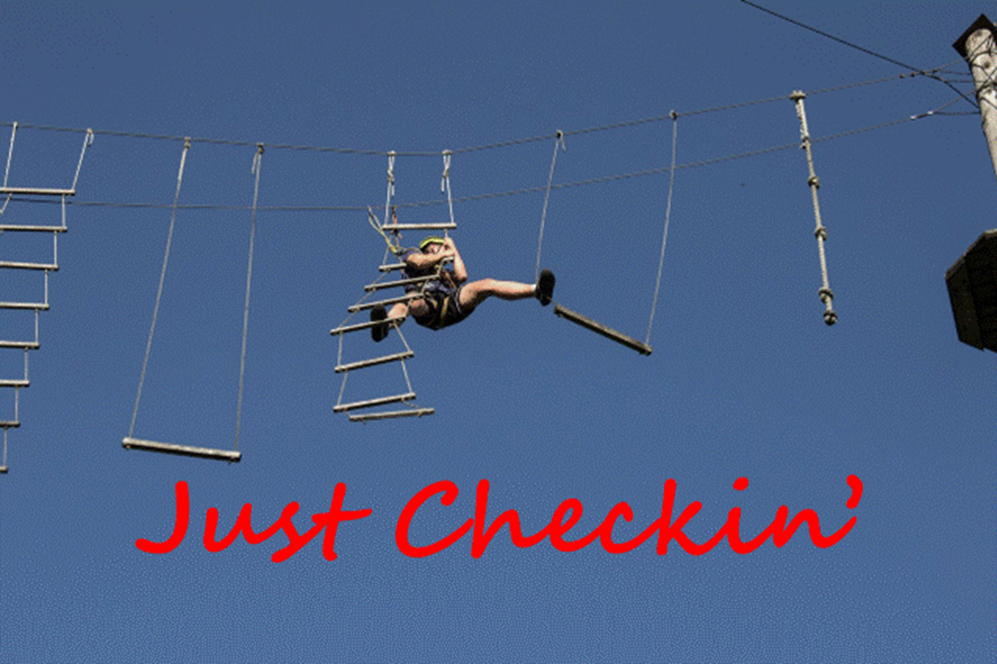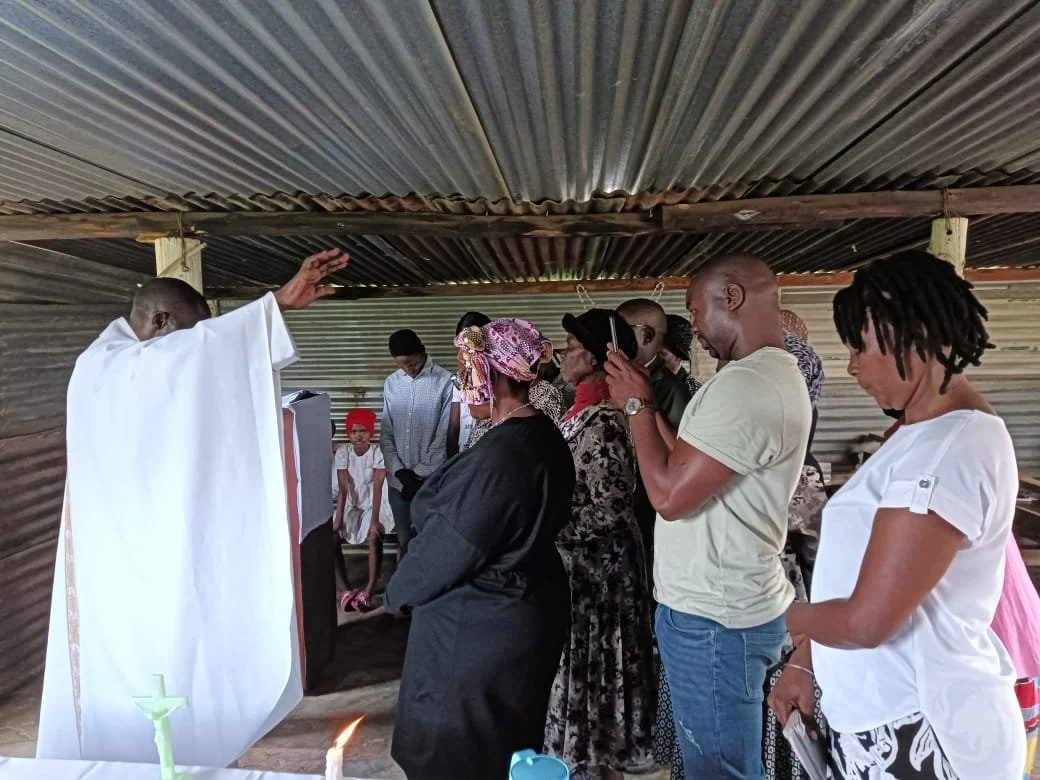Mary Lou McDonald’s Sinn Fein party have been no strangers to controversy in the past year with regards to contentious issues surrounding medicine.
Firstly, the party abandoned its long standing opposition to British rule in Northern Ireland in order to support abortion.
Now, the party has come out strongly in favour of allowing Irish people to be euthanised. This is despite widespread opposition to proposed changes on behalf of actual experts in the field. It appears as though McDonald, who wants Ireland to celebrate the Orange Order each 12th of July and who wants to rejoin the Commonwealth, does not trust doctors enough to listen to their recommendations.
In an interview with the Irish edition of UK newspaper The Sunday Times, the 12th of July supporter said:
I think that Vicky (Phelan) and, indeed others, have made a really compelling case based on human dignity and choice. I follow very carefully what they have to say.
I also listen very carefully to those who deliver palliative care, who are all about dignity in death.
McDonald, who was leader of a party that offered the most thoughtless contributions to abortion debates North and South over the course of the past few years, stated that it should be approached with thoughtfulness because it’s a fairly fraught and sensitive issue.
She also inanely commented:
I would like to think that we will not have a debate around this issue that drags on endlessly for another decade
The far left’s semi literate Dying with Dignity Bill has been roundly dismissed by experts as one of the poorest pieces of legislation ever presented at such a level.
The College of Psychiatrists released a paper prior to Christmas which dealt with this horrific piece of legislation and its potential effect upon the mental health of Irish people.
They wrote:
At a time where there is public concern regarding mental health and suicide to a greater degree than ever before, the introduction of PAS-E undermines the valuable work done in addressing the causes of suicidality
In January 2021, the Royal College of Physicians in Ireland presented their Oireachtas Submission on the matter and wrote:
Introduction of legislation on assisted suicide has the potential for immense harm and unintended consequences. These consequences are not theoretical; they are based on experience in jurisdictions where assisted suicide/euthanasia has been introduced. They include:
• Expansion of groups included under legislation. For example, to infants and children, psychiatric patients, people with intellectual disability, with autism spectrum disorder, people living with dementia, and addiction disorders
Expansion beyond an original apparently restricted set of conditions has occurred in virtually all jurisdictions where physician-assisted suicide/euthanasia has been legalized.
• Inadequate safeguards for vulnerable members of society. • Societal pressure and reduction in autonomy in relation to organ donation.
• Undermining of the practice of palliative care.
• Devaluation of the lives of persons with disabilities and certain medical conditions.
• Negative impact on the role of physicians and medicine/violation of medical ethics.
• Challenges in regulation and oversight: the Netherlands system does not focus on whether patients should have received PAS-E: to what extent this constitutes enforcement of strict safeguards, especially when cases contain controversial features, is not clear.4 We have grave concerns about how the assessment of capacity is dealt with in the Bill, about the implications of the legislation for conscientious objection and see serious challenges in oversight and regulation.
We highlight that complications may occur in process of death by assisted suicide, which in themselves can cause great suffering.
We were very much aware of their antipathy towards the Irish unborn in service of their paymasters in London, but this antagonism towards the elderly, ill and disabled in defiance of the medical profession sets a new low for Sinn Fein.











